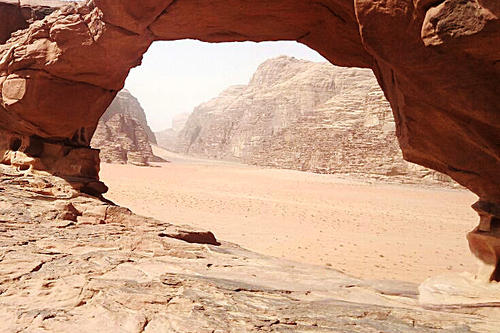Water Security in Jordan: from Data to Decision – Water D2D
Time period: 2018-2019 (Phase I), 2021-2023 (Phase II)
Zuwendungsgeber: Federal Ministry of Education and Research
Cooperation partner: TH Köln, TU München, German Jordanian University, INWRDAM
Description:
The objective of the research project (preparatory phase, 1 year) is to establish a consolidated stakeholder group for the “Water Security Knowledge and Innovation Platform”, to initiate stakeholder-oriented research in the pilot region “Northern Jordan”, and to detail the project of the main phase. The consortium considers the preparatory phase as an important component of an innovative research approach and critical for its success, where the required time and effort can be spend for research design and implementation strategy by including different stakeholders, regional and international academics and professionals and governance experts. The focus of the preparatory phase is to develop the project strategy for designing a concept for systematic innovation and research towards reaching water security. For that purpose, the current institutional structure of research-based innovation in Jordan will be analyzed and the required information on the future of water resources management in Jordan in terms of climate, water availability, and infrastructure will be studied. At the same time, the market needs for innovative research for Northern Jordan will be addressed, which would be an important component of the two science-policy dialogue workshops organized during the preparatory phase. The project approach will be fine-tuned by involvement of different stakeholders and governance experts in those workshops. In addition, the project will take advantage of the preparatory phase to collect the required information to set up the pilot study in the main project phase. Resulting in a comprehensive review of the state of the art tools and data sources that can be applied for the study area and in generic terms. This information is valuable for enrichment of the science-policy dialogue workshops and defining the project strategy to develop a concept for systematic research and innovation. Specially, the results generated by spotting the innovation potential for the study area based on the state of the art tools and methods, and the status of innovation.
Contact: Dr. Brindha Karthikeyan
